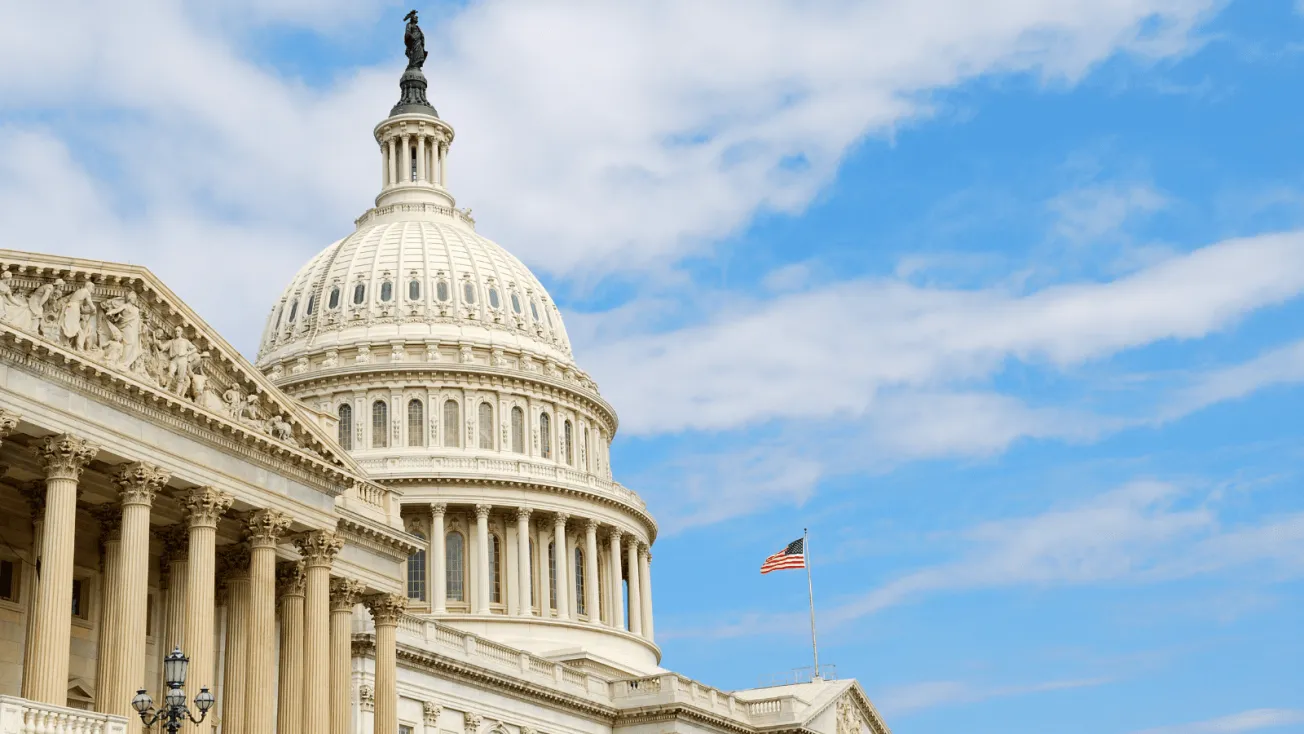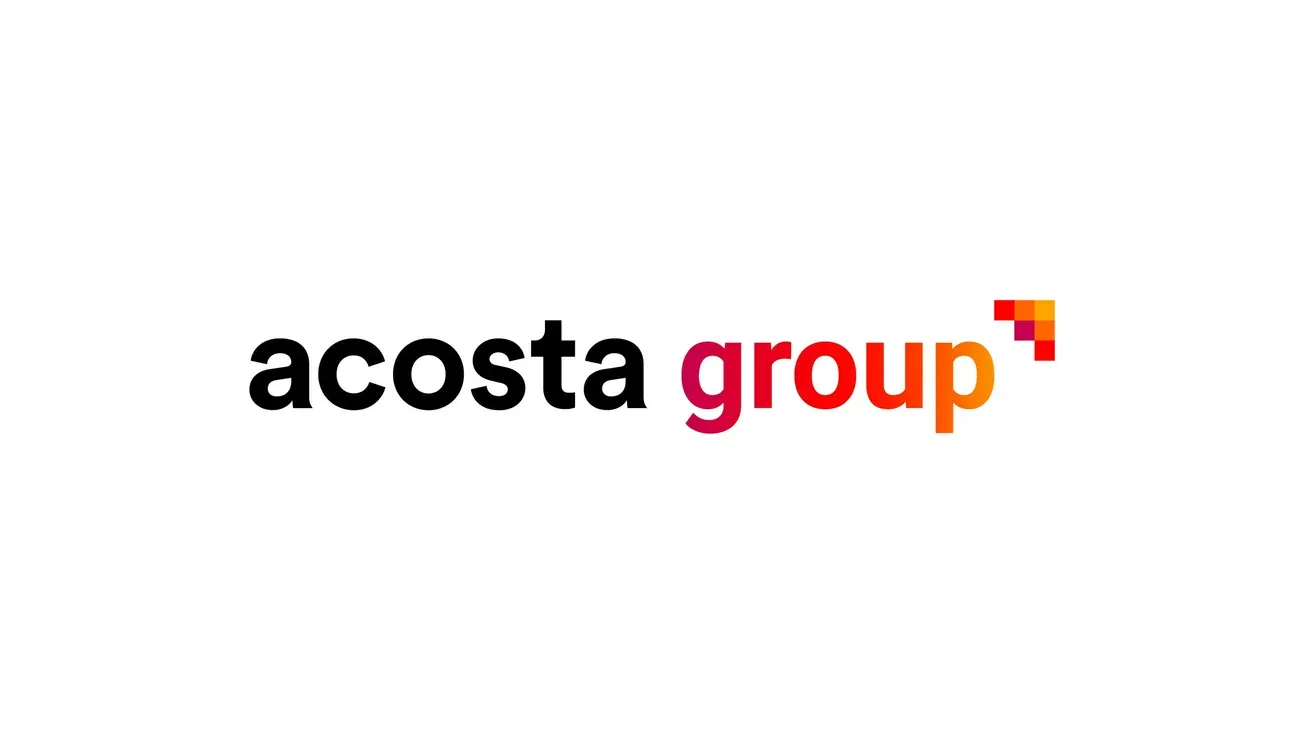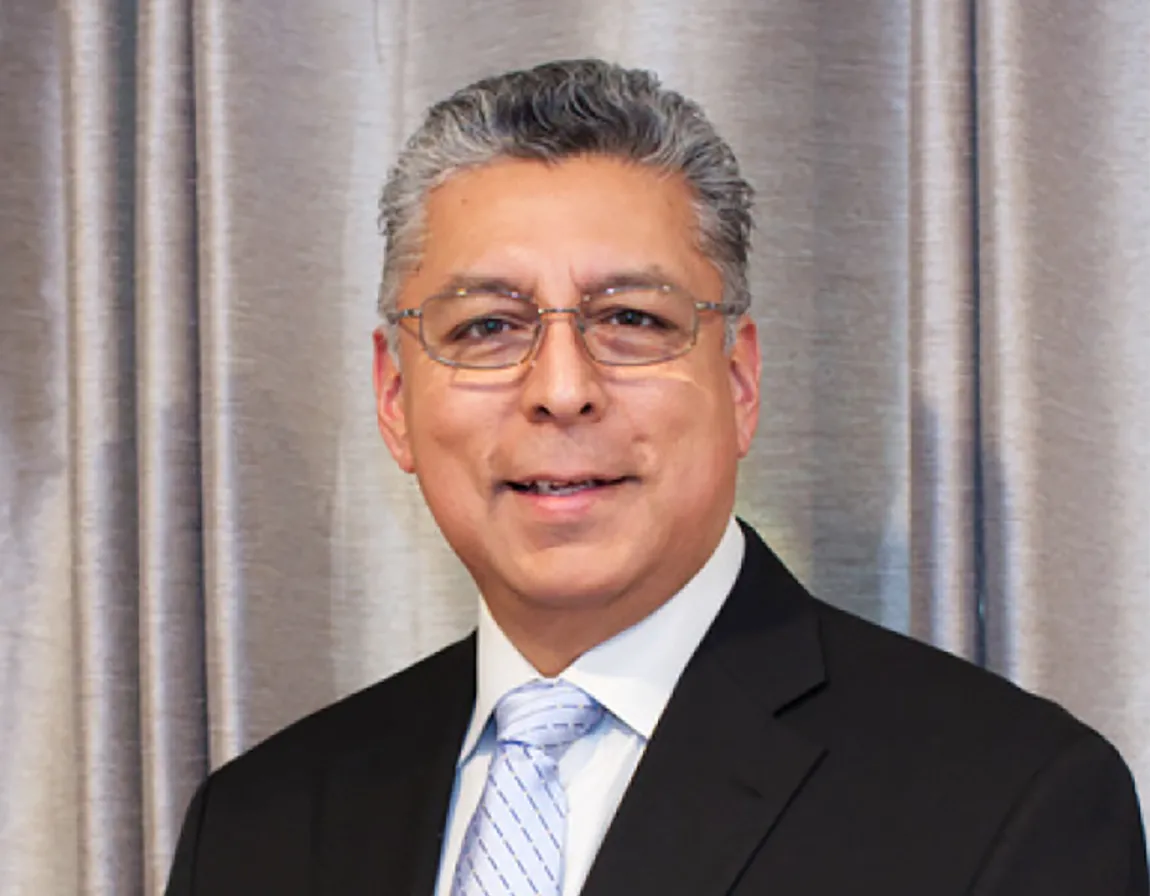PALM BEACH, Fla. — There was a distinctly celebratory air here during the NACDS Annual Meeting last month.
Both NACDS president and chief executive officer Steve Anderson and incoming chairman Brian Nightengale, president of Good Neighbor Pharmacies, paid tribute to the role that community pharmacy and its suppliers filled during the height of the ongoing COVID-19 pandemic, and both emphasized the need going forward to seize the opportunities created by the industry’s stellar performance in battling the unprecedented health crisis.
It was the first time the Annual Meeting was conducted in person since 2019, and that fact alone was clearly cause for much celebration. But beyond that, it was the extraordinary demonstration during the last three years of community pharmacy’s ability to transform American health care that lifted the mood.
“Just look at what you have done!” Anderson exulted. “Your companies and your teams have sustained consumers, saved Americans and restored the nation … Together, you are the face of neighborhood health care.”
Anderson also noted the critical impact of NACDS’ advocacy efforts on policy makers in Washington in winning recognition of pharmacy’s potential to transform American health care. With the advent of a new administration in 2020, that effort had to be repeated, but Anderson pointed out that both Alex Azar, Donald Trump’s secretary of Health and Human Services, and Xavier Becerra, HHS secretary for current President Joe Biden, have acknowledged that pharmacies are underutilized and have the potential to play a central role in health care.
Pharmacies have given two of every three COVID vaccinations, he added, but that would not have happened had not NACDS and its industry association peers not made their cases twice, once with each administration. “Associations play a critical role in our society, and in our democracy,” he said. “And there is no better illustration of that than NACDS, and particularly during the COVID-19 pandemic. NACDS serves as the collective and collaborative will of our membership.”
Looking ahead, Anderson emphasized the importance for the industry of seizing the opportunities created by retail pharmacy’s recent accomplishments.
“As we look to the future, we are focused on taking the positive statements about pharmacy, taking the lessons learned, taking our recommendations, taking the results achieved for the American people and turning them once and truly for all into a vastly improved health care delivery system,” he concluded.
In his remarks, Nightengale stressed the urgency of acting now not only to seize opportunities but also to address the challenges that continue to throw a shadow over the industry’s future. At the top of that list are ongoing pressures on pharmacy reimbursments that, in his view, are “at a breaking point.”
“The race to the bottom is here, and it’s having a devastating impact on pharmacies of all shapes and sizes,” Nightengale said. “There are very few industries where, year after year, costs go up and ‘prices,’ in our case reimbursement, go down. For too long that has been the trend for the prescription side of our businesses. This trend is simply not sustainable.”
In addition, he continued, changes occurring within the health care industry require thinking differently about the patient journey and pharmacy’s evolving role in that journey. New market dynamics are making it essential that pharmacy better demonstrate its value proposition, particularly the importance of locally delivered care.
Thirdly, swiftly changing consumer behavior and expectations, combined with recent labor challenges intensified by the pandemic, are requiring pharmacy to be more nimble, flexible and innovative. Finally, what Nightengale referred to as “an unprecedented level of legislative and regulatory activities” at both the federal and state levels, accelerated by the Supreme Court’s decision in Rutledge v. PCMA (Pharmaceutical Care Management Association — the trade organization representing pharmacy benefits management firms), has created an opportunity for the industry to promote its story and advocate for comprehensive payment reform and expanded scope of practice.
Nightengale acknowledged that the current environment is challenging, but professed optimism. Through the pandemic, community pharmacy has demonstrated that it is the most accessible, most trusted and most affordable health care source, and that it can and should have an expanded role in the American health care system. Glancing back, Nightengale noted that there have been pivotal moments in pharmacy’s history that have shaped and defined it, and he feels the industry is on the verge of another.
“I firmly believe that we are again facing one of those inflection points right now that will transform our industry for years to come,” he said. “As we emerge from the pandemic and march onward toward the 90th anniversary of NACDS next year, we’re on the verge of permanently redefining how we serve our patients and consumers. But for that to happen, we must act — and that time is now.”





